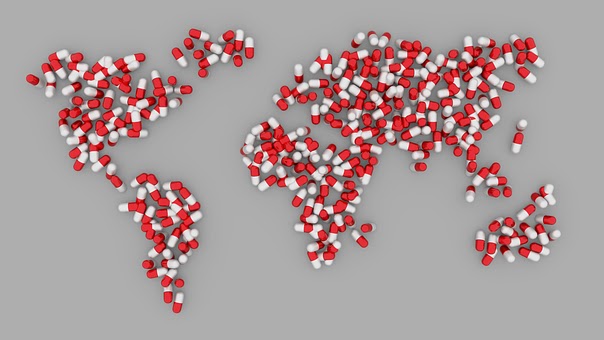Many people have heard of this condition, but very few of us know how to prevent vitamin D deficiency. What is vitamin D deficiency? This condition occurs when vitamin D levels in blood get too low. The major problem with vitamin D deficiency is that it shows no symptoms in the beginning. A person can be D deficient for a long time, without being aware of it. Once vitamin D levels go extremely low, the symptoms will arise, and in most cases, they will include:
- Bone softening
- Bone pain
- Muscle pain
- Muscle weakness
- General weakness
- Constant fatigue
- Osteoporosis
- Rickets (in babies in infants)
- Osteomalacia
- Depression
Vitamin D is extremely important for bones. If your vitamin D levels are too low, your body won’t be able to absorb calcium and phosphorus, and this will affect the bone density. Bones will become brittle and weak.
Vitamin D is important for immune system. If you lack this vitamin, your body will likely be vulnerable to infections. If you have problems with recurring infections, perhaps you should check your vitamin D levels in blood.
Depression is another symptom of severe deficiency. The problem with depression is that it can be caused by various other factors. In most cases, it is very difficult to find a true cause of depression.
Osteoporosis is another common problem (often seen in menopausal women), but it can be prevented or treated with vitamin D supplements.
In babies, vitamin D deficiency leads to rickets. To prevent this condition, you need to talk to your doctor about your baby’s diet. Breast milk is extremely important for your baby, but it has to be combined with formula milk. Certain amounts of vitamin D are found in breast milk, but these are not sufficient to fulfill your baby’s vitamin D requirements. On the other hand, formula is fortified with vitamin D, and you should include it in your baby’s diet.
How to Prevent Vitamin D Deficiency
Vitamin D deficiency is more common than you think! If you live in a cold climate, you are at risk of developing this condition. If you don’t eat enough foods that contain this vitamin, your vitamin D levels are likely to be low. Although these foods (fish, meat, egg yolk and dairy products) cannot fulfill your daily requirements, they are still considered beneficial.
Vitamin D is naturally produced in the skin when the body is exposed to direct sunlight. When we say “direct sunlight”, we mean “without any sunscreen on your skin”. Spending time in the sun during early morning hours, or later in the afternoon will be beneficial.
If you are dark-skinned, you will have to spend more time in the sun – thirty minutes will be enough. Do this several times a week.
The best way to prevent vitamin D deficiency is to use supplements. Sometimes, this is the only way. People who can’t spend time in the sun (for any reason) don’t have any other choice but to use vitamin D supplements. Visit your doctor and have your vitamin D levels measured. After this, you will be given D3 supplements to use once a day, or once a week (depending on your condition).


0 Comments